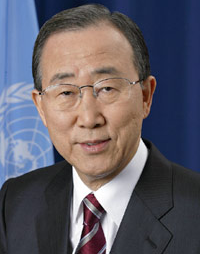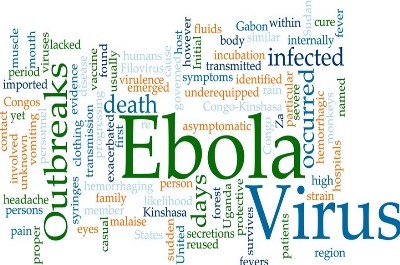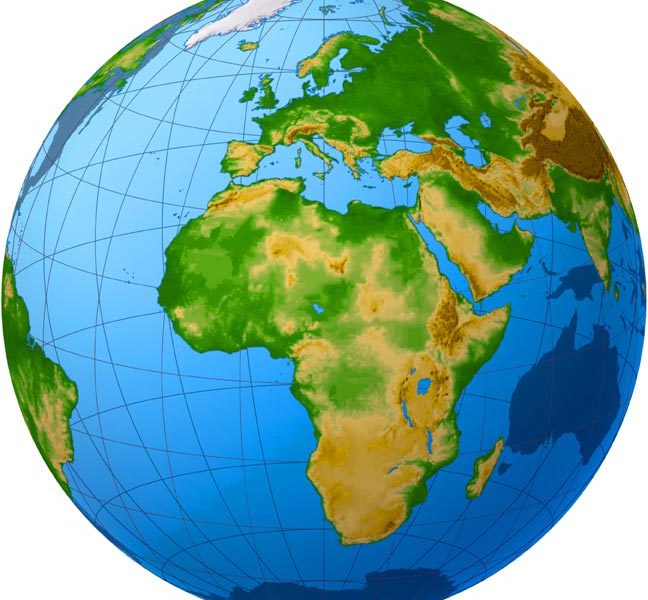UN Secretary-General’s remarks to the press on Ebola
New York, 5 September 2014
Good morning, Ladies and Gentlemen. Thank you for your time.
I have just convened senior leaders and experts from across the United Nations system to discuss our next steps in managing the Ebola epidemic.
Dr. Margaret Chan, Director-General of the WHO [World Health Organization], and Dr. David Nabarro, my Senior UN System Coordinator for Ebola, continue to spearhead the UN response. World Bank President Jim Yong Kim and many heads of Agencies and Funds and Programmes, such as UNDP, UNICEF, OCHA, UNFPA, ICAO and many other agency heads have also joined us by video-teleconference.
We are mobilizing in every possible way. We are together today to send out an international rescue call.
The number of cases is rising exponentially. The disease is spreading far faster than the response. People are increasingly frustrated that it is not being controlled.
What began as a public health emergency is evolving into a social and economic challenge for millions.
The next few weeks will be crucial. The people of Guinea, Liberia and Sierra Leone in particular are looking to us for support. They are counting on us for a massive surge in assistance: more doctors, nurses and beds; more equipment, trucks and other vehicles.
We also need better awareness and understanding about what we are facing.
I urge airlines and shipping companies not to cancel flights and docking to the affected countries. Banning flights and shipping services will not keep Ebola from spreading, but it will keep medical teams from reaching people most in need.
Stigma and rumour can do just as much damage as the virus itself.
It is crucial to remember that Ebola can be avoided and controlled. The virus has been contained elsewhere in the past, and we can do it today as well. We know what to do and what needs to be done.
I call on the international community to contribute to the WHO Roadmap and to provide the $600 million needed for supplies in West Africa. The world can no longer afford to short-change global public health.
We need contributions — people, material and funding — from Governments, the private sector, financial institutions, non-governmental organizations and other groups at the grassroots.
At the meeting we have just held, we agreed to establish an Ebola crisis centre to bring synergy and efficiency to the efforts of these many partners within and beyond the United Nations.
The goal is to stop Ebola transmission in affected countries within six to nine months, and to prevent the international spread of the virus. This can be done only if the urgent and necessary mobilization is done both in the affected countries and by the international community.
In my meetings and telephone conversations with world leaders, I continue to call for contributions and support.
We have seen the courageous responses of health personnel. We are determined to show our solidarity with them and scale up our efforts to tackle the epidemic.
This is a huge, serious challenge. We are organizing to meet it. I am convinced we can succeed.
Thank you.
Ban Ki-Moon, Secretary-General, UN
Stay with Sierra Express Media, for your trusted place in news!
© 2014, https:. All rights reserved.






